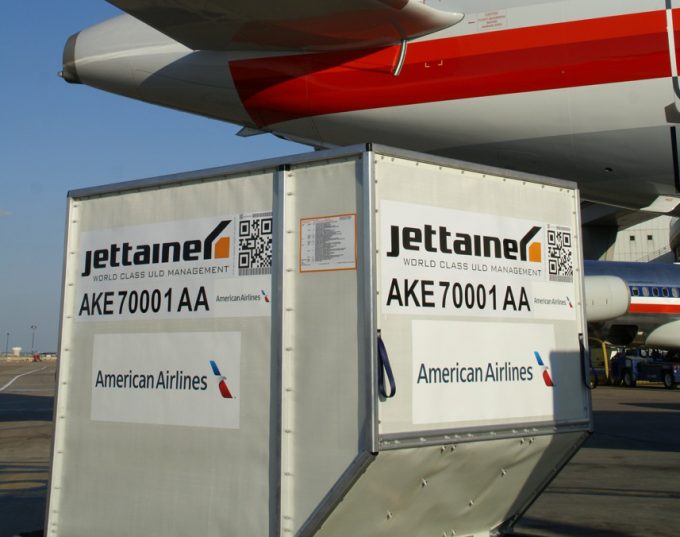Bangladesh readies new air cargo facilities after ban by India
After India cancelled the use of its transhipment facilities for Bangladesh cargo, the government decided ...

Small and mid-size airlines hoping to boost cargo revenue can now obtain a simple ULD management system – but its cost will be critical for cash-starved carriers.
Jettainer has launched a basic service called plug&fly, which will give airlines “quick and easy” outsourced ULD management.
Airlines with ...


Comment on this article
Rayhan ahmed
January 26, 2021 at 3:25 pmDuring a offload from the aircraft the ULDs
Normally drift off … but are then interlined in
A airport stack . It is then the responsibility of
The airlines to have a system in place in how
Many ulds you have at this particular station.
Otherwise you will have lost uld’s the system that
Jetliner has to find there containers in any airport
Like a tag system like you have on a bird .
At the stack ( a small building were ulds are
Stacked ) you will find all your uld’s but the
Airline rep who is in charge of this will also need
To drive around the airfield to locate the
Uld drift ( lost ). Then you can get a A4 sized
Paper and take all the numbers and the amount
Of uld’s and those drifted on a piece of paper
But that’s a method without the system that
Jetliner is using . Many airlines are turning to
Jetliner to supply there uld’s instead going
Around a system to find uld ‘s that does not
Make sense .
I have made comments on another cargo
Newsletter in view of this subject … of
Jetliner idea of tagging and finding lost
Uld’s in a pool at a station